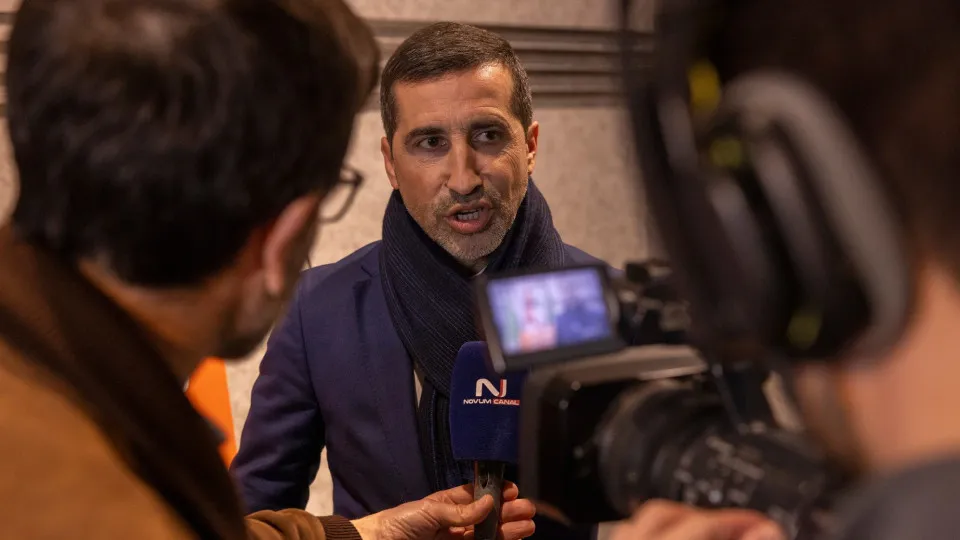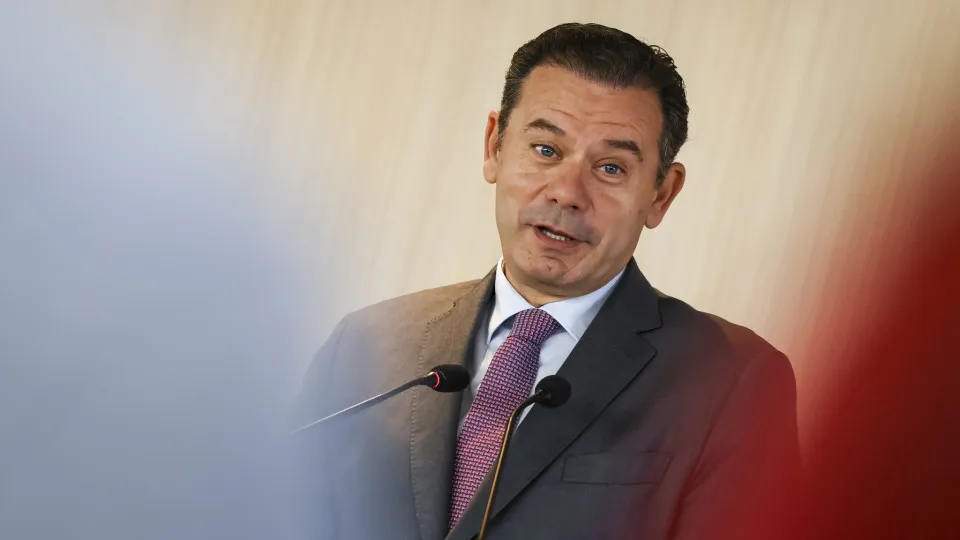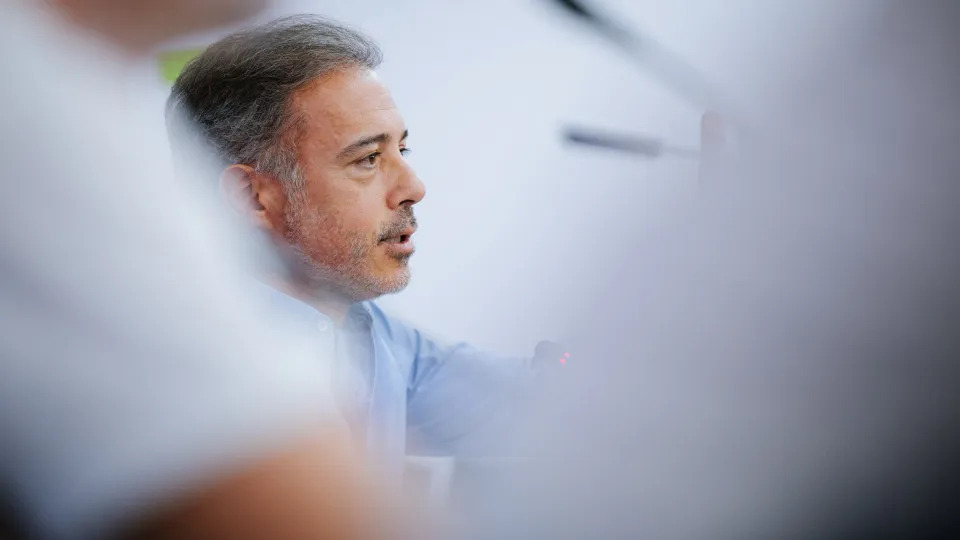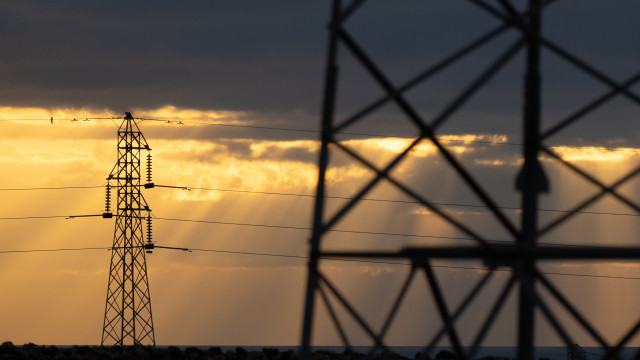
“This is a cry for help, essentially that, we are aware of the humility of our candidacy, but there are structural problems in the country and mainly in the most fragile areas that we want to alert and be a voice of alert for the most fragile, those who are most in deficit”, highlighted Ricardo Sousa.
Regarding the main lines of his candidacy, launched a little over two months before the electoral act scheduled for January 18, 2026, and just over a month before the deadline for submitting the necessary 7,500 signatures on December 18, Ricardo Sousa pointed to housing, health, education, regulated immigration, and regionalization as the core elements of his program.
Concerning housing, he mentioned the latest census to assert “there are almost 800,000 vacant homes that can be recovered,” noting that “the 2.5 billion euros requested from the European Investment Bank by the Government” would suffice to “build 200,000 houses,” thus reaching the “extraordinary number of one million houses in the country, which would likely solve the housing problem, regulating a market that is very inflated in renting and purchasing.”
Regionalization, he justifies, for what it would mean in “boosting the regions in various sectors that currently lack tools,” pointing out as “good examples” what happens in the archipelagos of Madeira and the Azores, where the sectors of “health and education are greatly boosted by proximity solutions.”
If his candidacy is approved by the Constitutional Court, Ricardo Sousa promises to conduct “an awareness campaign throughout the country” and not confine himself to Vale do Sousa. When questioned about his party’s position in supporting Marques Mendes in the race to Belém, he responded: “I am a social democrat since always and I am a humanist, reformist, interclassist, and Catholic (…) more important than all these are our principles, our values.”
Critical of the recent “political agenda,” the candidate believes that the country “has more important problems than immigration,” although he advocates for its regulation.
“It is important to care for those who come here to work, because if we are a country of emigrants and have many of our fellow citizens working abroad and we want them to be well treated and well received, naturally, we should also wish that for those who come and respect the ways of living in Portugal,” he stated.
Concluding the conversation, Ricardo Sousa spoke about Portuguese working mothers to claim that “if they are not protected, if they choose to have fewer children, in the future there will be no Portuguese to defend the country.”




